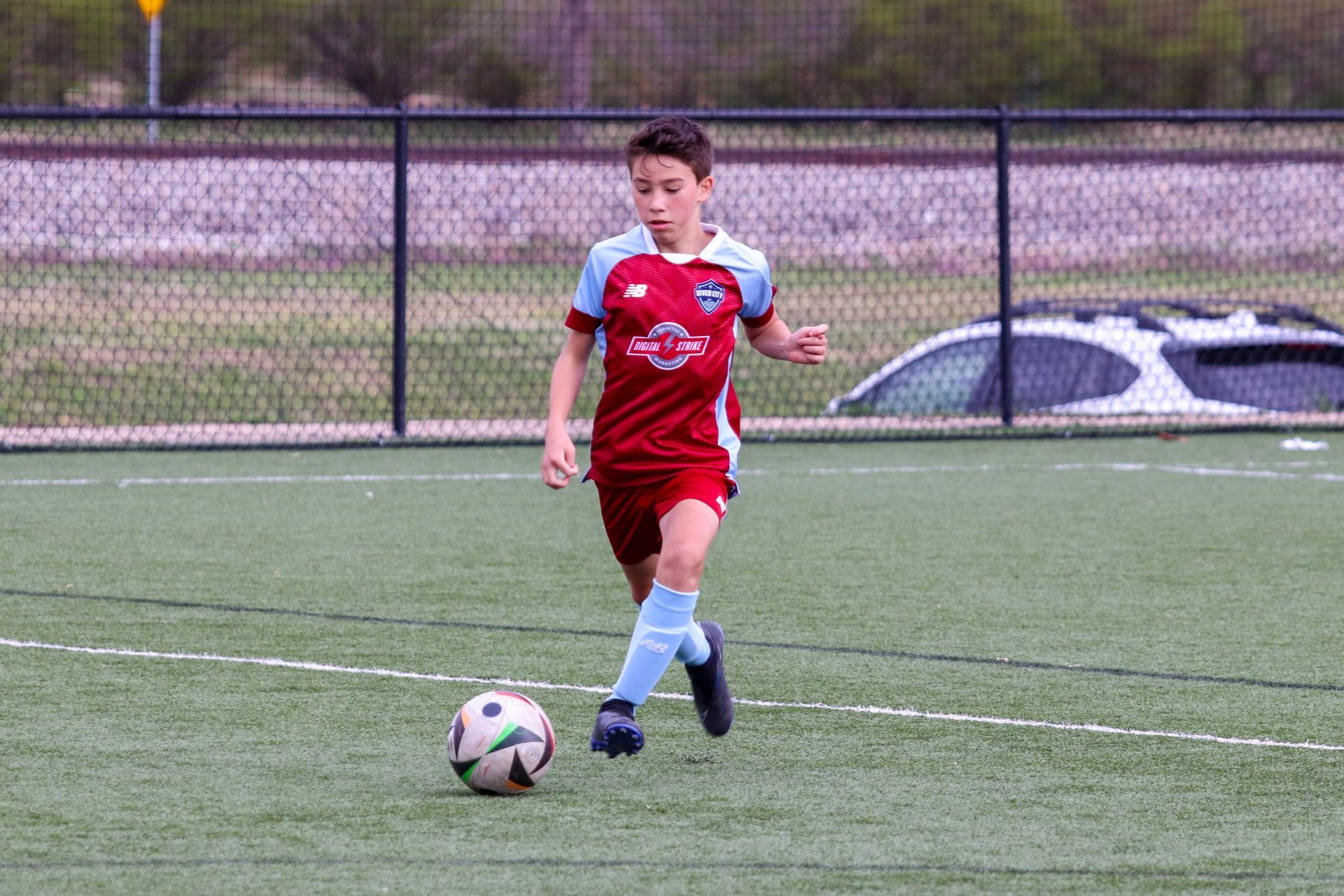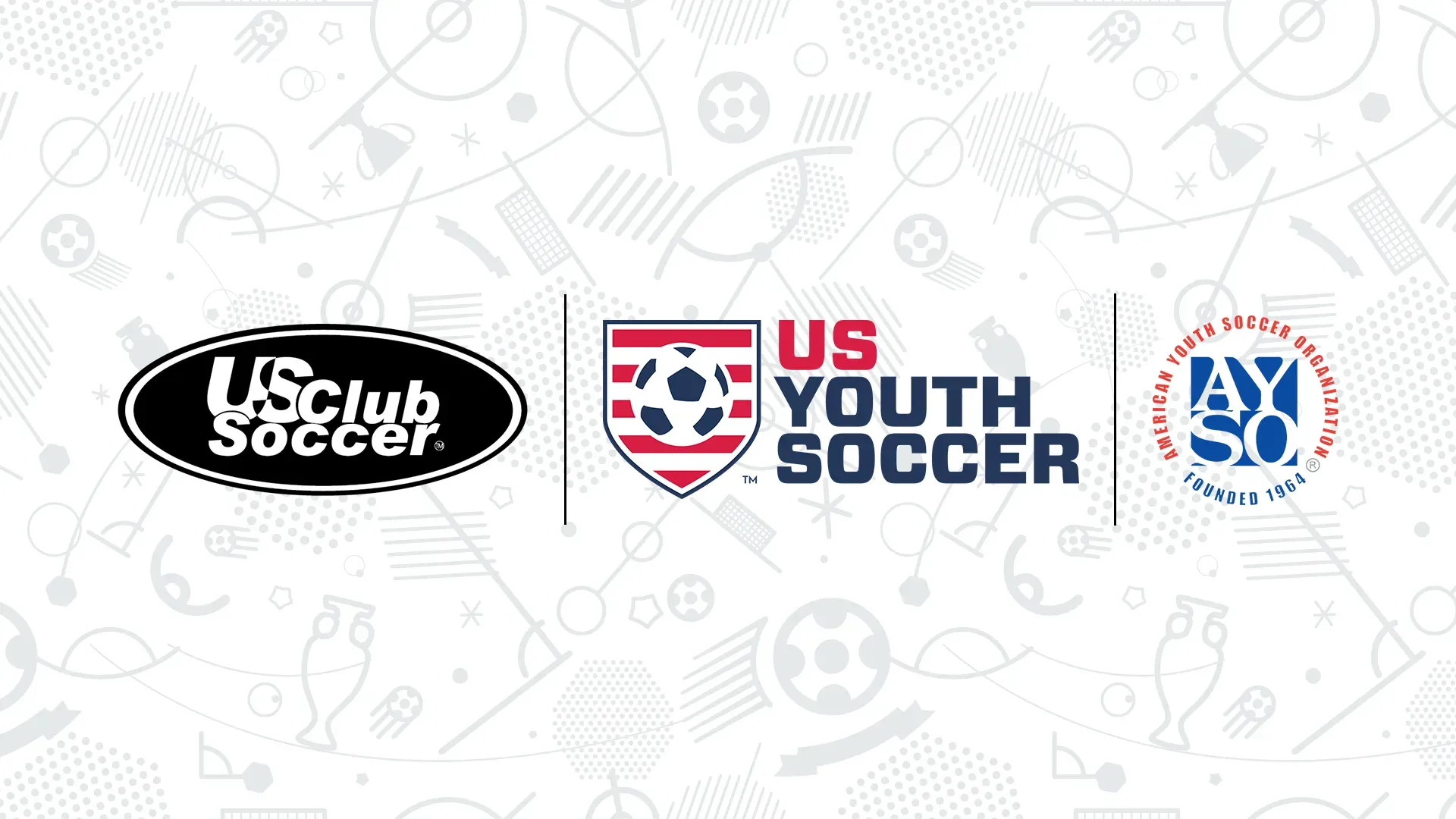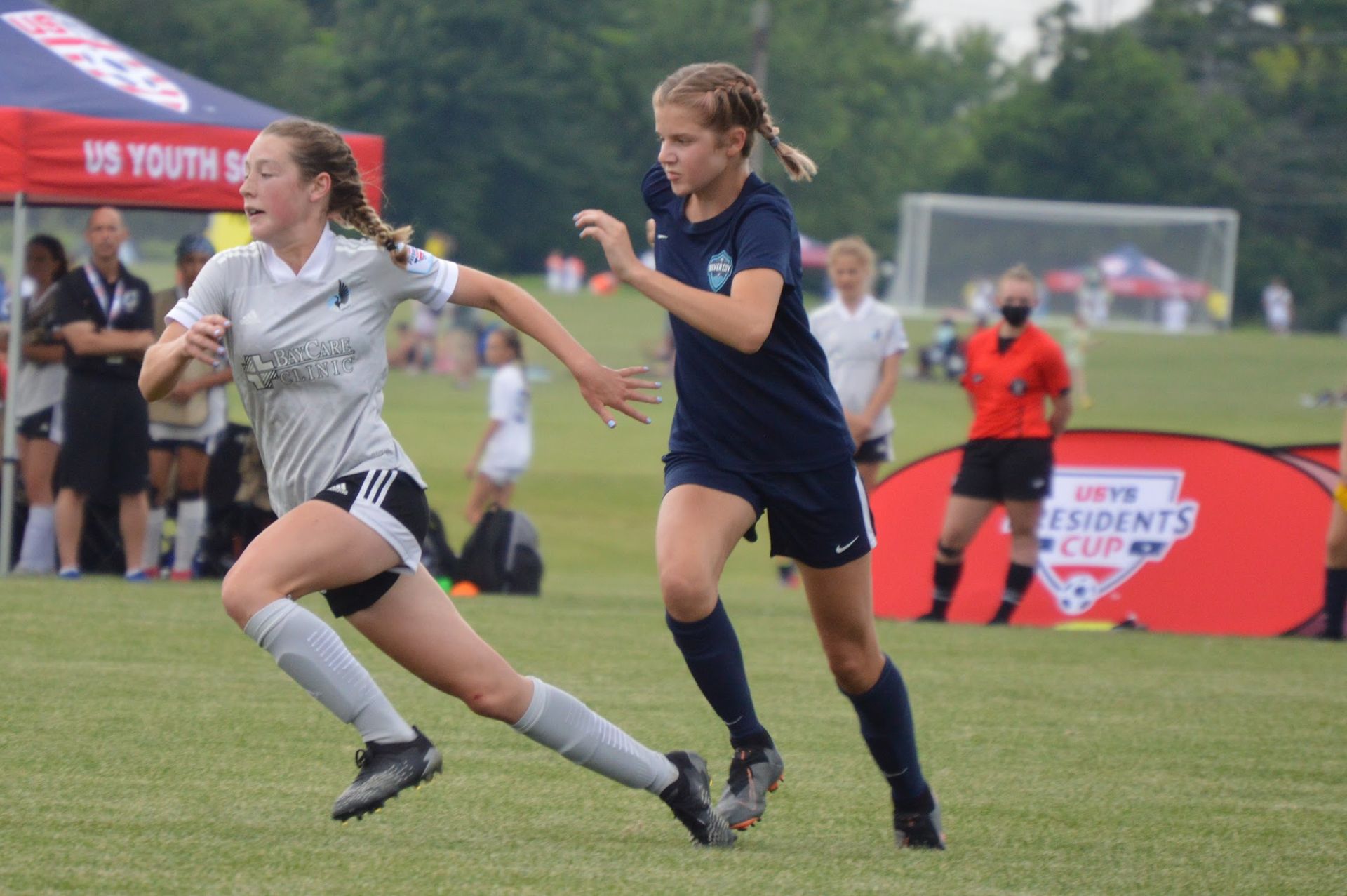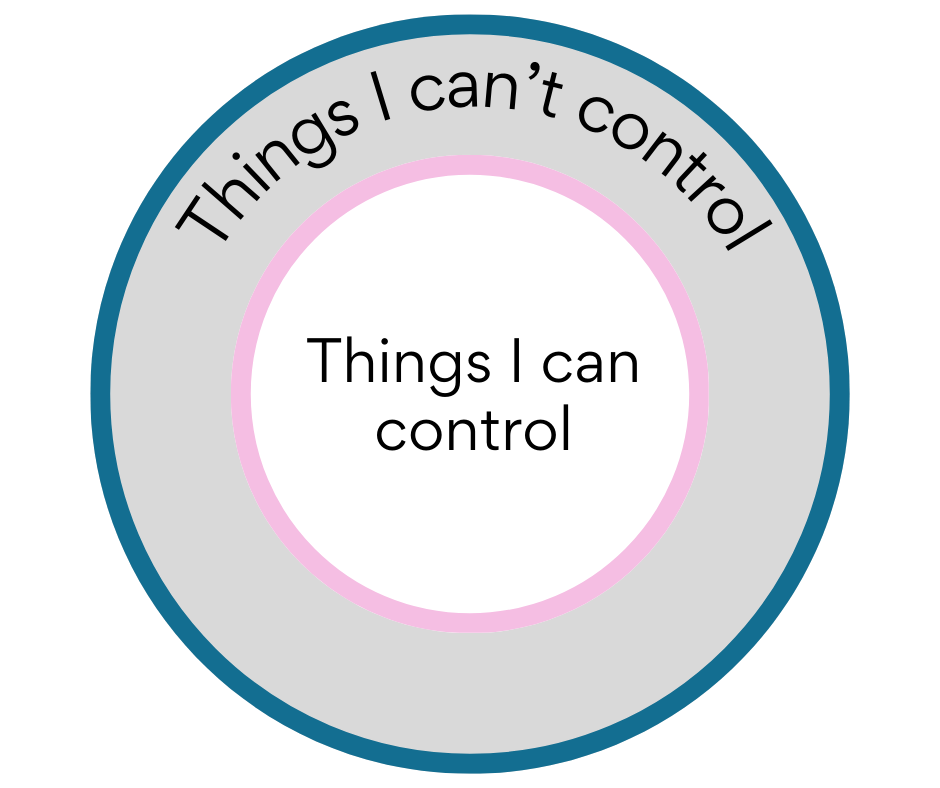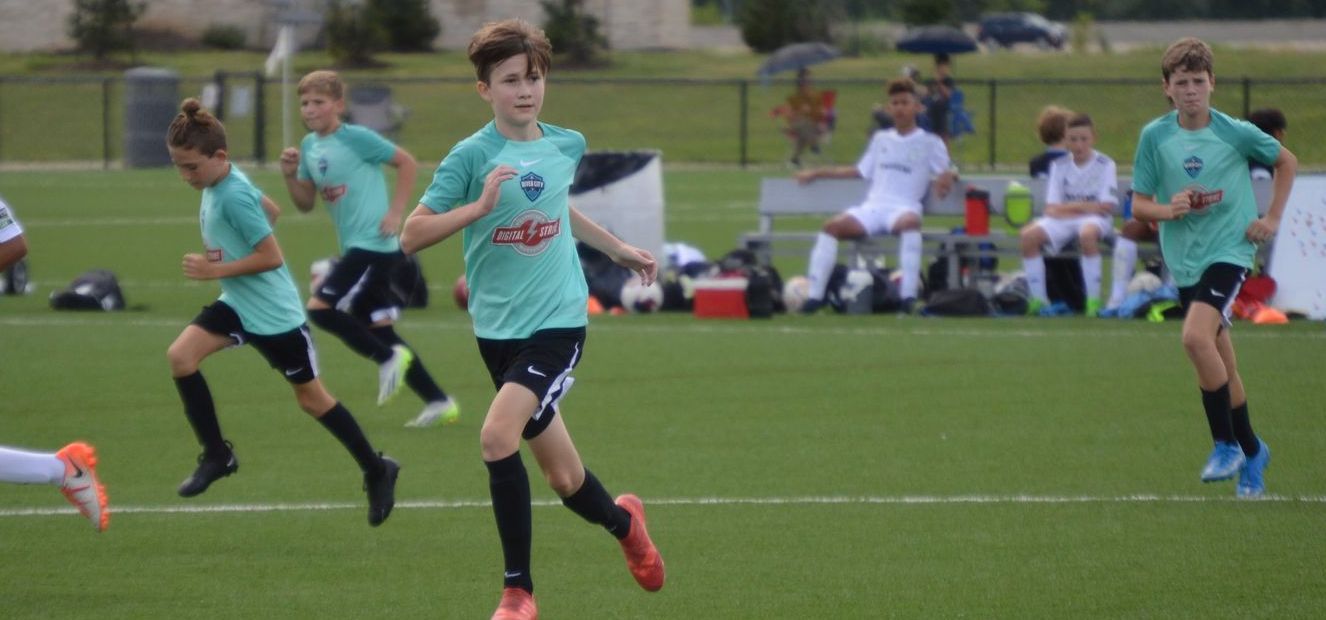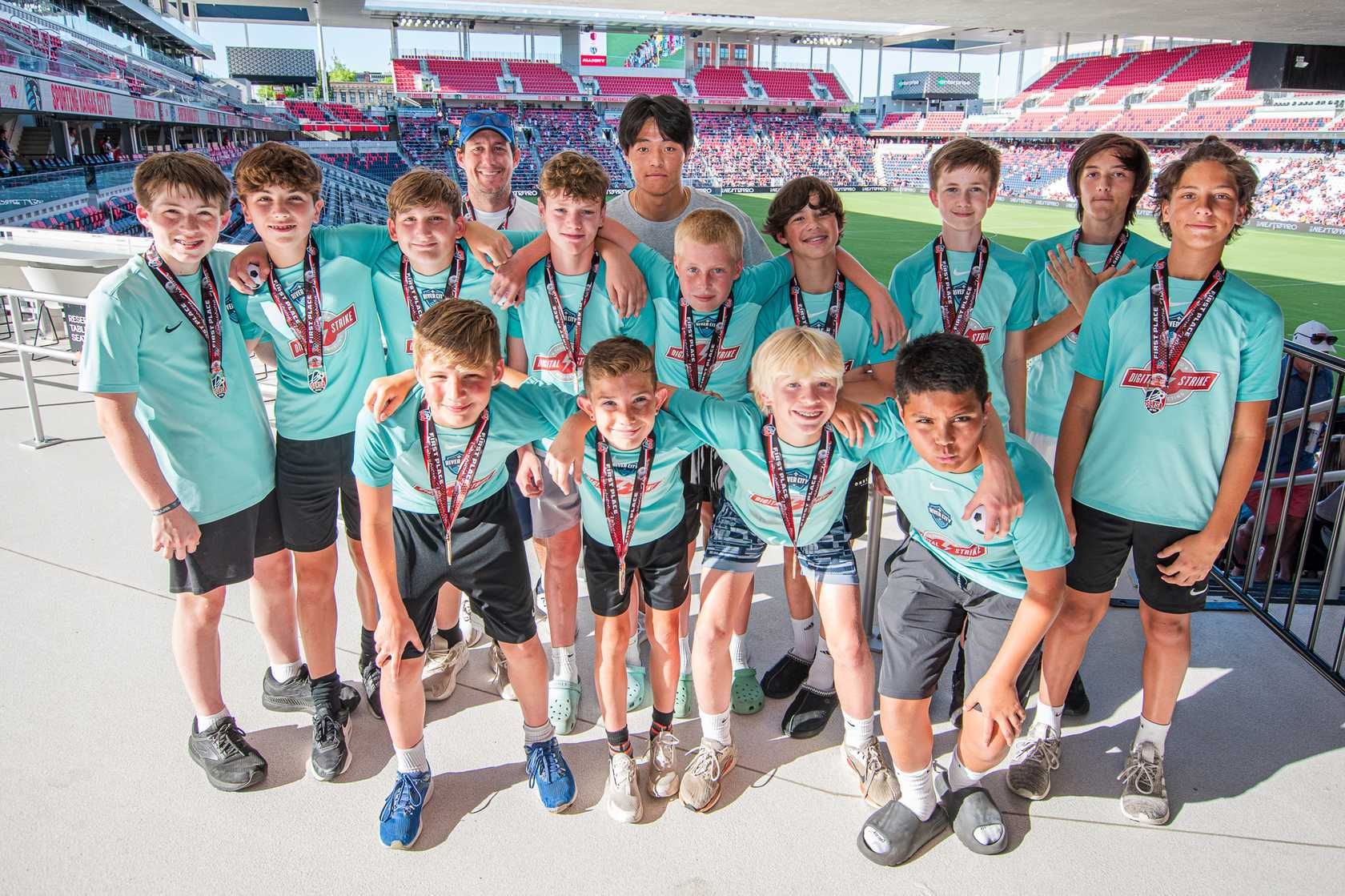Game On!!!
A New Season Is Upon Us. 5 Tips for Parents on GameDay
The start of the league season is upon us with games kicking off this weekend. We are all; players, coaches and parents, excited. The weeks and practices leading up to the first games are always enjoyable and important, but we all know the players just want to get out on the field and play and compete.
Just like you, I am a parent, and I am excited to see my son and daughter out on the field doing something they love. Soccer is a way of life in our house. It is my career, it is on the tv religiously, I read about it, I live it and that had transferred onto my wife and kids. We are a soccer house through and through. We love and live the game. It is this time of year though that I am called to remind our club parents, guardians, aunts, uncles, and grandparents what the game is really about and how we should be on the sidelines.
1. It’s A Game!
There is another team, a referee, and other fans. There are a dozen other games going on at the complex and the atmosphere around the facility can create a false sense of importance. I am not saying the games aren’t important in some way. We want the players to compete, work hard, and do their best but when it comes down to it this is a game being played by kids.
They may succeed on the field, or they may fail. They may win and they may lose (they can even tie). What is most important is whether they love being on the field playing the game. This is not life or death, and your child will not succeed or struggle in life based on the result of a game. The referee and a good call or not so good call will not determine the college or university your child attends and whether they become a lawyer or solve the climate crisis. This is a game and while we tend to put importance on these moments, they will more often than not mean very little in the grand scheme of life, except for the enjoyment and memories made.
2. Let Us Coach!
As a parent or guardian, you drop your player off at practice multiple times a week and you trust us a coaches to work with your child. You trust us to help them improve and challenge them to be their best, both as individuals and as a team. And then game day comes.
Once that whistle blows to start the game too often everyone becomes a coach. That trust you had in us in those practices is gone and you start telling Johnny and Sally where to go, what to do, who to pass to, and dear god don’t pass it in front of the goal! What happened? Where did the trust you had in your child’s coach go?
While you may have played at a high level, or not at all, or you may have coached before, what your are doing is counterproductive to your player and the team and disrespectful to the coach. You may think you know what you are saying but if you have not sat in on practices or team talks then you do not know what the coach is asking your player to do at any moment. Because of this you could be giving you player and other players the wrong information and instruction that is the opposite of what the coach wants. This can be confusing for players and frustrating for coaches. So simply put, STOP!!!
For players, especially at a young age, they are always going to want to make their parent/guardian happy, so when you tell them what to do they are going to default to listening to you. Also, they don’t want to get in the car and listen to how they should have done x, y, or z during the game from mom or dad, so again they are going to do their best to listen to you and make sure you are happy. At that point as a coach I might as well not even be there. When you and I compete for your child focus and attention you will always win. So when you coach from the sideline you are taking away my authority on the field and your child’s willingness to listen to me and the instructions and advice I give.
Please do me and all coaches a favor, let us do the coaching.
3. Referee!!!!
This one is very simple and straight forward. Leave the referee and their assistants alone. Without them your child wouldn’t be able to play. They are human and just like you, me, and your child, they are going to make mistakes. Their mistakes don’t give you the right to say a single word to them let alone berate their intelligence or question their ability to officiate the game. If you are so good at officiating, we are now in a constant shortage so please let me know and I can pass on all the information for refereeing courses to you so you can show us how it’s done.
Go back to #1 in this article and remind yourself this is just a game and will not determine my child’s future.
4. Cheer them on!
At some point your child’s playing career is going to be over. Even if they are the one in a million that goes pro, at some point it ends. So take the time to cheer them on with passion. Encourage them, root for them, and give them extra energy through positivity and encouragement that they need. Bring a cow bell, bring a drum, paint your face. Have fun being a fan of your kid and the kids around them. They may say you are embarrassing but too bad. As a parent these moments are fleeting, and you can make them fun too. It’s game and you shouldn’t be on the sideline racked with stress. Take that stress and release it in a positive way by being your player’s and your team’s biggest fan.
5. After The Game.
You know what kids love? Getting in the car after a game and being critiqued about their performance in the game they just finished. They love being told how they could have done better, or missed a chance to do this, or should have worked harder. It is super motivating and they look forward to those conversations.
If you haven’t figured it out yet, I am being very sarcastic.
I can tell you the general rule in our house for car rides home and soccer in general. If the kids don’t bring it up we aren’t talking about it. I am a USSF A Licensed coach which puts me in a pretty high echelon of knowing what I am talking about. There are plenty of times I see my kids do things on the field that I question in my head and would love to discuss with them but I know when we get in the car after the game the last thing they want is to discuss their shortcomings. Instead, we focus on the positives in their performances, and it always leads with the following statement:
“I loved watching you play today!”
This is always a true statement. I love watching them play and they should know it. Regardless of their performance, maybe they had a great game or maybe it was their worst, I love watching my kids play a game that means so much to me and taught me so much about life growing up. I love to see their passion, their effort, their joy, and even their despair in moments of struggle. I love to see them accept challenges, compete, be a teammate, and push themselves to succeed and learn to accept and work through failure.
Whatever we discuss after that statement is something in regard to the positives in their play in the game that day, unless they bring up something that happened that they want to discuss. I ask you to try this out and see the effect it has on your player and your relationship for the car ride home.
I wish everyone the best of luck this season. Enjoy the time on the field and play, coach, and cheer with passion. I have a lot more tips for game day but let’s leave it at these five for now. As parents you are part of our soccer village and what you do means so much to your player, their teammates, their team, and our club. Enjoy the time on the sideline watching your player. Be a part of helping them to love the game and creating great memories that they can share with their kids one day
